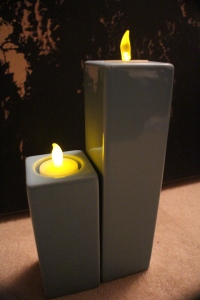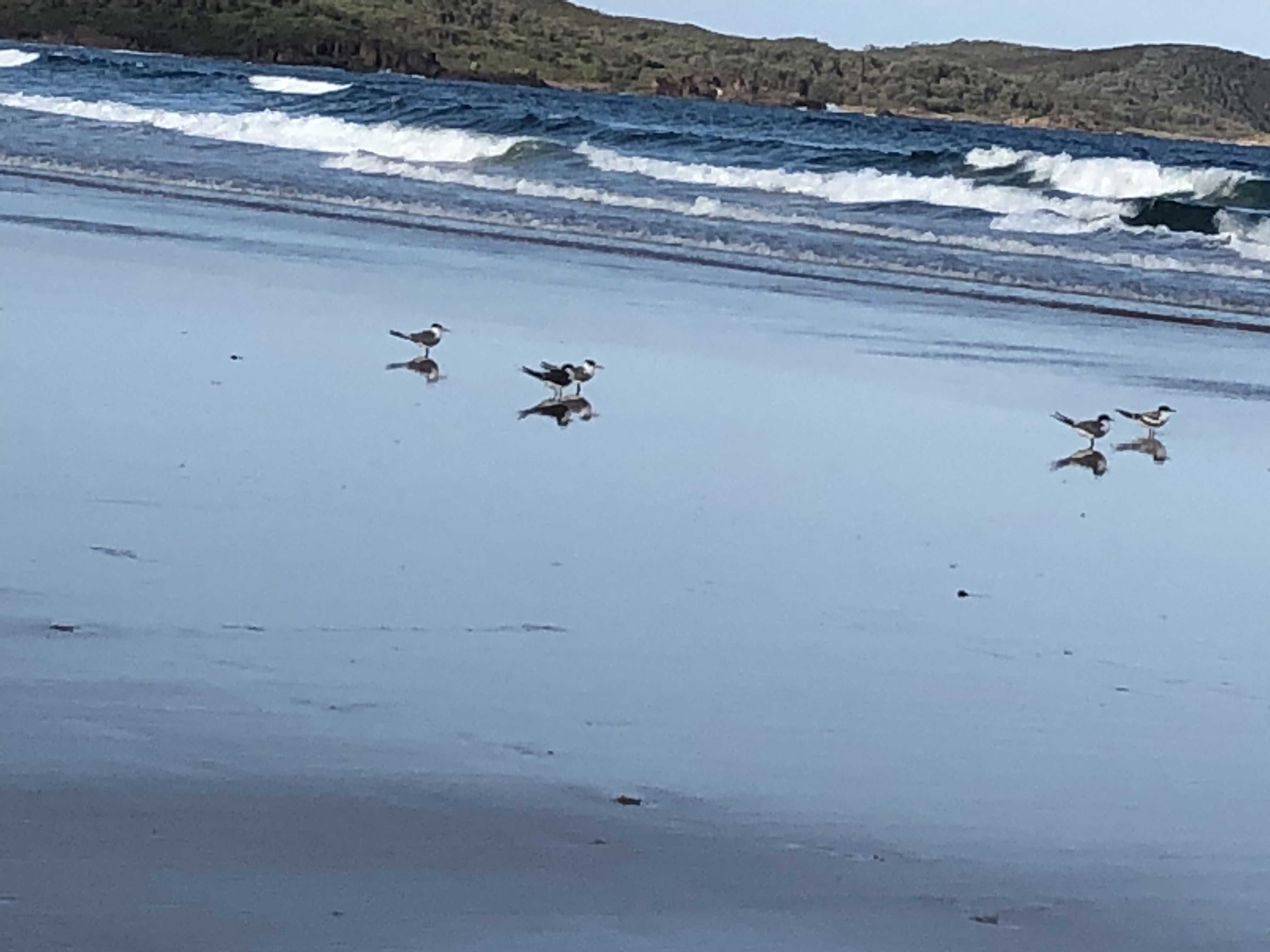When I started this blog my aim was to create a space that could be used to start conversations, possibly even help people understand what they or a loved one might be going through, primarily as a result of perinatal loss, but also more broadly in all aspects of loss. Today’s post is different, it is personal and self-indulgent, yet in some ways it too satisfies my aim, just in a way that is different to my original vision.
In a world where everything goes your way, today would have been their 30th Birthday, at least this was their due date. In my part of the world this day is also the end of the financial year. A deeply busy time for those working in finance, which my husband is. He had not wanted this pregnancy and he definitely didn’t want the inconvenience of this birthday. So right from the beginning we were not on the same page about them. This just made the depth of their loss worse. In not making it I was alone in my grief, and as this day rolls around each year I am physically alone too.
After 25 years the grief is no longer as raw as it used to be, but today I have found myself “out of sorts”, restless and disengaged. I feel as though today I am going through the motions. Usually my “action plan” works well, I know that I treat myself with something, such as a new dress or scarf or a treat to eat (a birthday cake so to speak), then something selfless, like volunteering, or donating to a worthy cause. Write in my diary, maybe a new poem. For the last few years I have attended a church that has a space to light a candle, and I had found this a soothing ritual, but this year I am not a part of that congregation and that step is missing and I am mourning that as well.
I no longer wonder what they may have looked like or what their personalities may have been, I do though wonder want they might have become.
Today though, I have some things I am thankful to them for, because of you, Prudence and Rhys, I know that
- a miscarriage happens twice in some twin pregnancies.
- At 19 weeks you lactate, and that adds to the distress of the loss.
- Forgiveness allows one to keep the marriage vows and to find peace in spite of the scar that is left.
- You taught me that love is not a response, (i.e. I don’t love you because) but an action, (i.e. I just love you).
- I could use my hurt and my understanding to help others in their time of sadness. It opened me to others, it didn’t close me down.
- Because of all of the above, grief is not my only memory of you I am not glad you left, but I appreciate what your being, even for a short time, created.Today I grieve, tomorrow will be a better day, and experience has taught me that.

I am not glad you left, but I appreciate what your being, even for a short time, created.
Today I grieve, tomorrow will be a better day, and experience has taught me that.

 For me life slowed and sped up in Liminal space.
For me life slowed and sped up in Liminal space. It’s like standing on the edge of the beach with your toes gently being caressed by the tiny breaking waves and next you are dragged out to sea by the most unexpected wave, pushing you out, turning around.
It’s like standing on the edge of the beach with your toes gently being caressed by the tiny breaking waves and next you are dragged out to sea by the most unexpected wave, pushing you out, turning around. It’s like taking a big breath in and then holding it for longer than you ever thought possible, every nerve, every muscle straining to start up again.
It’s like taking a big breath in and then holding it for longer than you ever thought possible, every nerve, every muscle straining to start up again. It’s like being wedged between two rocks unable to squirm or wiggle just feeling suspended.
It’s like being wedged between two rocks unable to squirm or wiggle just feeling suspended.





